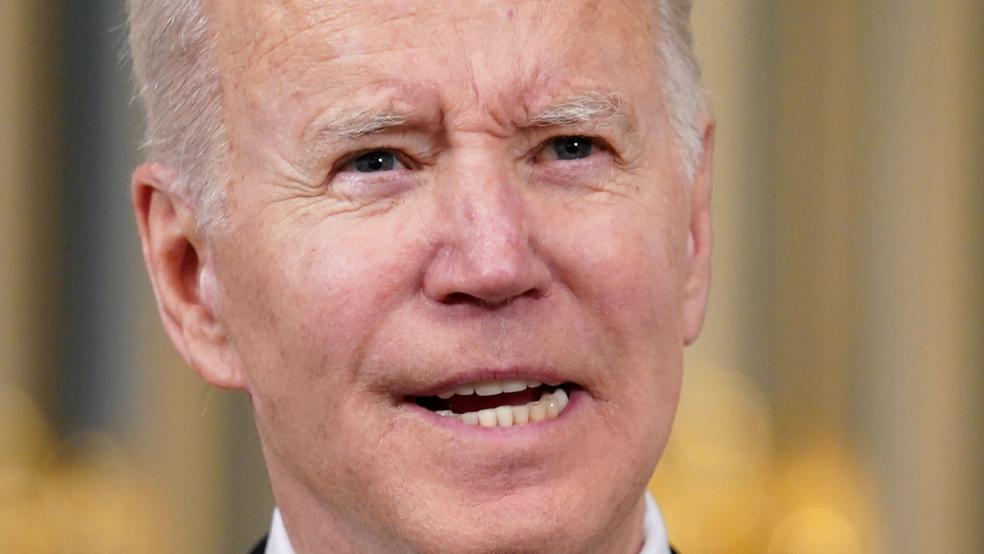It’s been nearly two months since President Joe Biden and House Speaker Kevin McCarthy met in the Oval Office to discuss raising the nation’s debt limit. McCarthy, the California Republican, sent Biden a letter Tuesday pressing for another meeting, writing that the president and his team “have been completely missing in action on any meaningful follow-up to this rapidly approaching deadline.” Biden, McCarthy said, is “on the clock.”
Biden responded in kind yesterday evening, essentially saying that it’s McCarthy who’s on the clock.
In a letter to the speaker, Biden again called on Congress to increase the debt limit without conditions and said that any discussion of the nation’s fiscal outlook should happen after Republicans have released their budget. “My hope is that House Republicans can present the American public with your budget plan before the Congress leaves for the Easter recess so that we can have an in-depth conversation when you return,” Biden wrote. “As I have repeatedly said, that conversation must be separate from prompt action on the Congress’ basic obligation to pay the Nation’s bills and avoid economic catastrophe.”
Biden said GOP proposals thus far “are skewed to the same constituencies who should be paying more, like multinational corporations and the richest taxpayers.” He argued that it was important to see Republicans’ “full set of proposals” so that the negotiators could understand the “full, combined impact on the deficit, the economy, and American families.”
Republicans said Biden’s response was just political posturing, with some noting that Democrats hadn’t passed a budget when they controlled the House. “Democrats didn’t produce one for the last four years. They never passed one out of the Budget Committee. They would ‘deem’ their budget every year. So now we have to have a Republican budget?” Rules Committee Chairman Tom Cole (R-OK) said, per NBC News.
What’s next: Lawmakers are set to leave town after tomorrow, returning April 17, and Republicans won’t be issuing their budget plan before they head out. They also aren’t expected to meet the April 15 statutory deadline for a fiscal year 2024 budget resolution.
In other words, the debt and budget talks are going nowhere.
Potentially complicating the path to any debt limit increase, McCarthy reportedly has had no direct contact with the White House about the debt limit since his meeting with Biden on February 1. NBC News reports that the two men “barely speak” to each other. And Axios adds that the lack of a GOP budget plan has opened the door for various Republican factions to try to exert some leverage over talks with the White House, further complicating McCarthy’s job. Members of the conservative Freedom Caucus, for example, said this week that they will introduce more than 500 pieces of legislation involving $1 trillion in cuts over 10 years.
Still, the speaker is likely to keep trying to draw Biden into debt talks even without a GOP budget. The White House has little incentive to jump in at this point. “That Biden appears in no rush to meet with McCarthy — three months before a potential debt default — suggests the White House believes it is playing a much stronger hand,” NBC’s Scott Wong and Peter Nicholas write. And Punchbowl News reports: “The White House and senior Democratic lawmakers are pretty certain they can beat Republicans down and force them to pass a clean debt-limit hike.”
Punchbowl adds that House Republicans are extremely unlikely to pass a budget before the debt limit deadline and that McCarthy may instead look to pass a debt limit increase with some budget savings attached. That would buy a few months’ time and put some pressure on Senate Democrats while still preserving the debt issue for the GOP.
The bottom line: With little progress on a debt deal, a challenging calendar and growing anxiety among lawmakers, Republicans reportedly may move to extend the debt limit and link it to the September 30 deadline to fund the government and avoid a shutdown.





